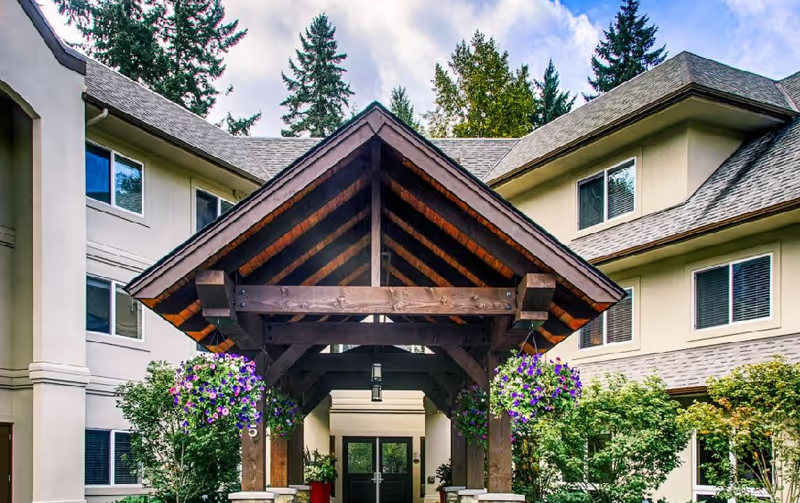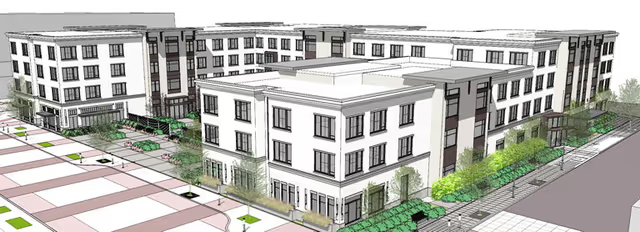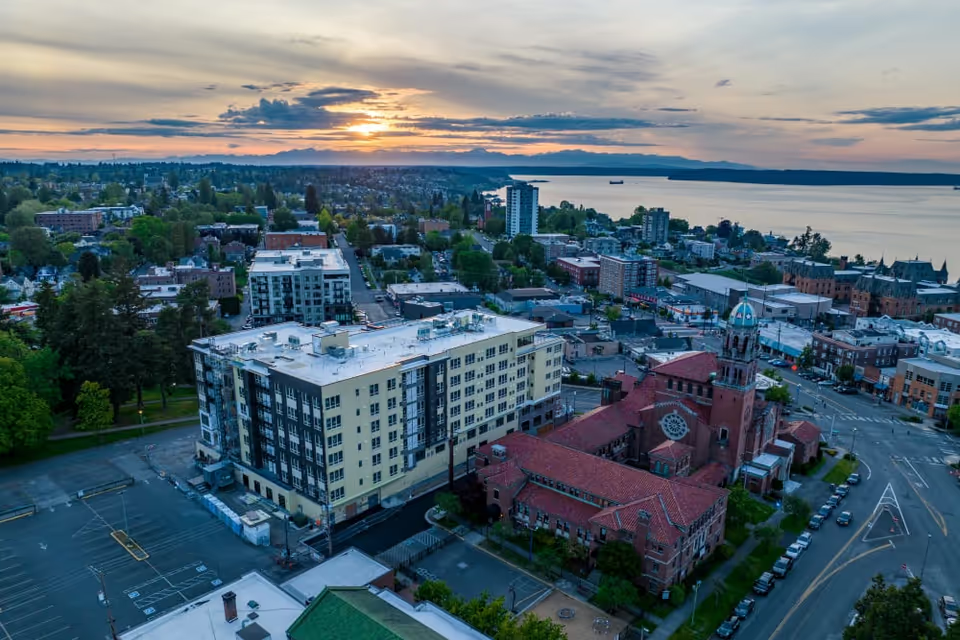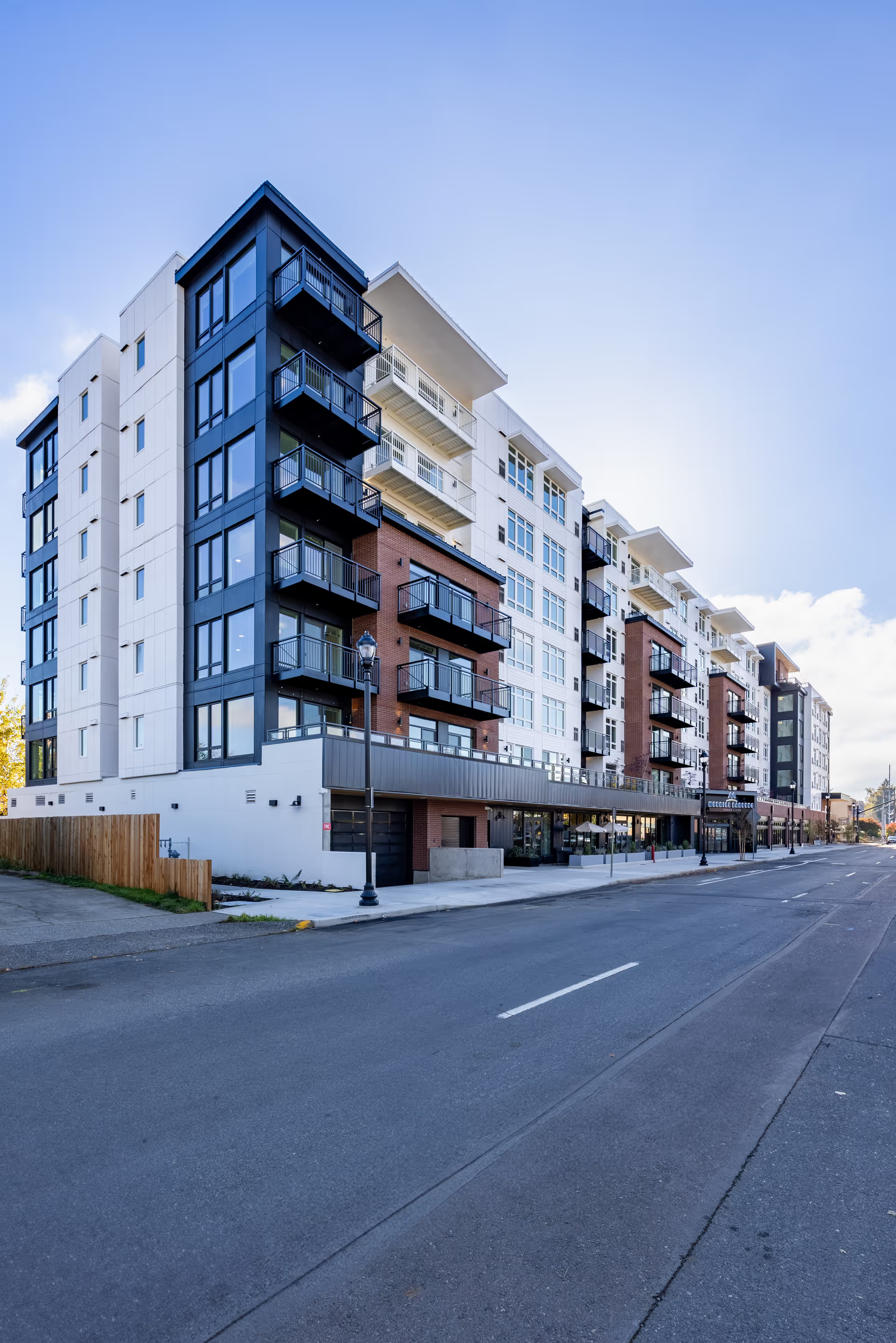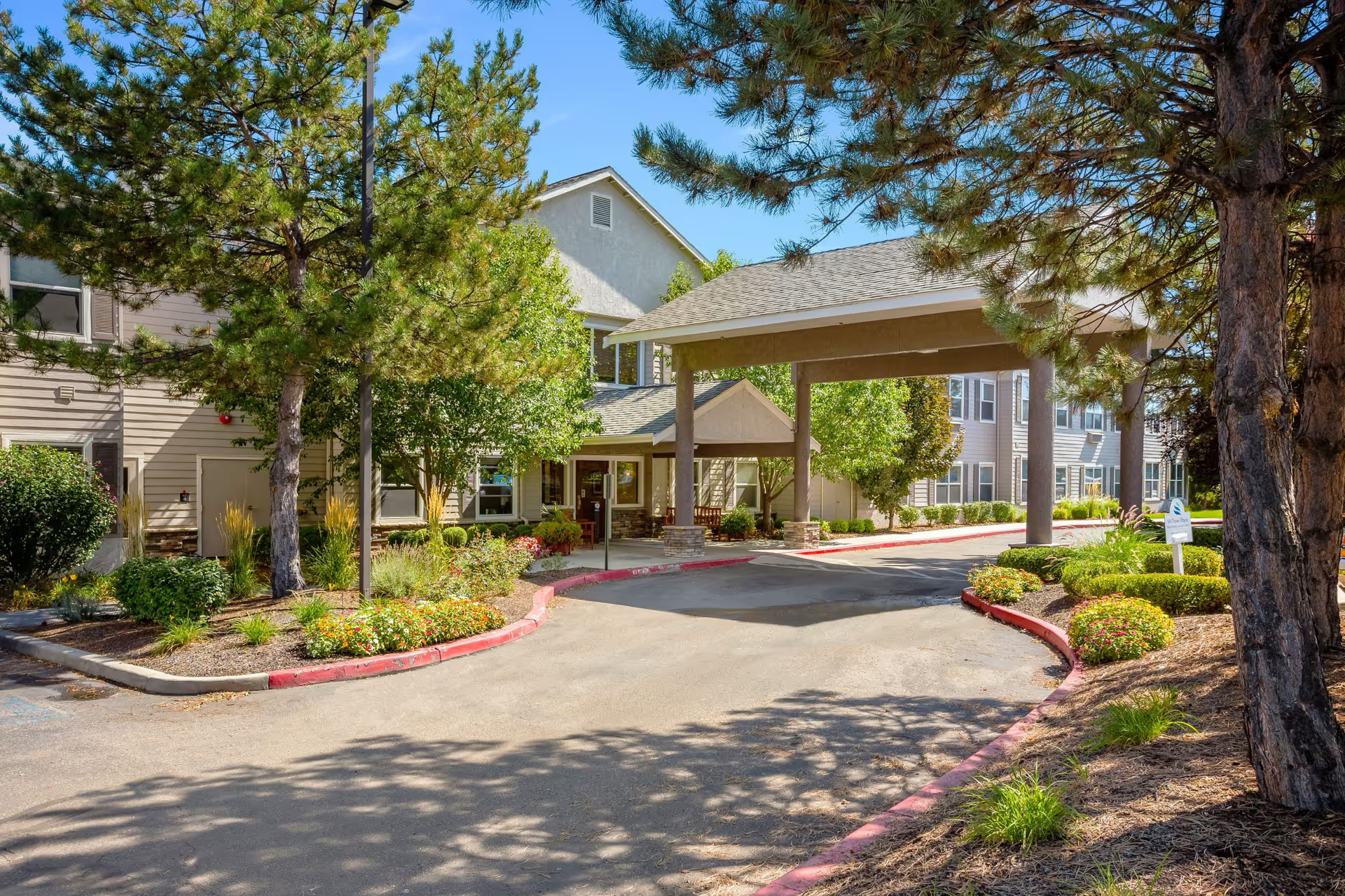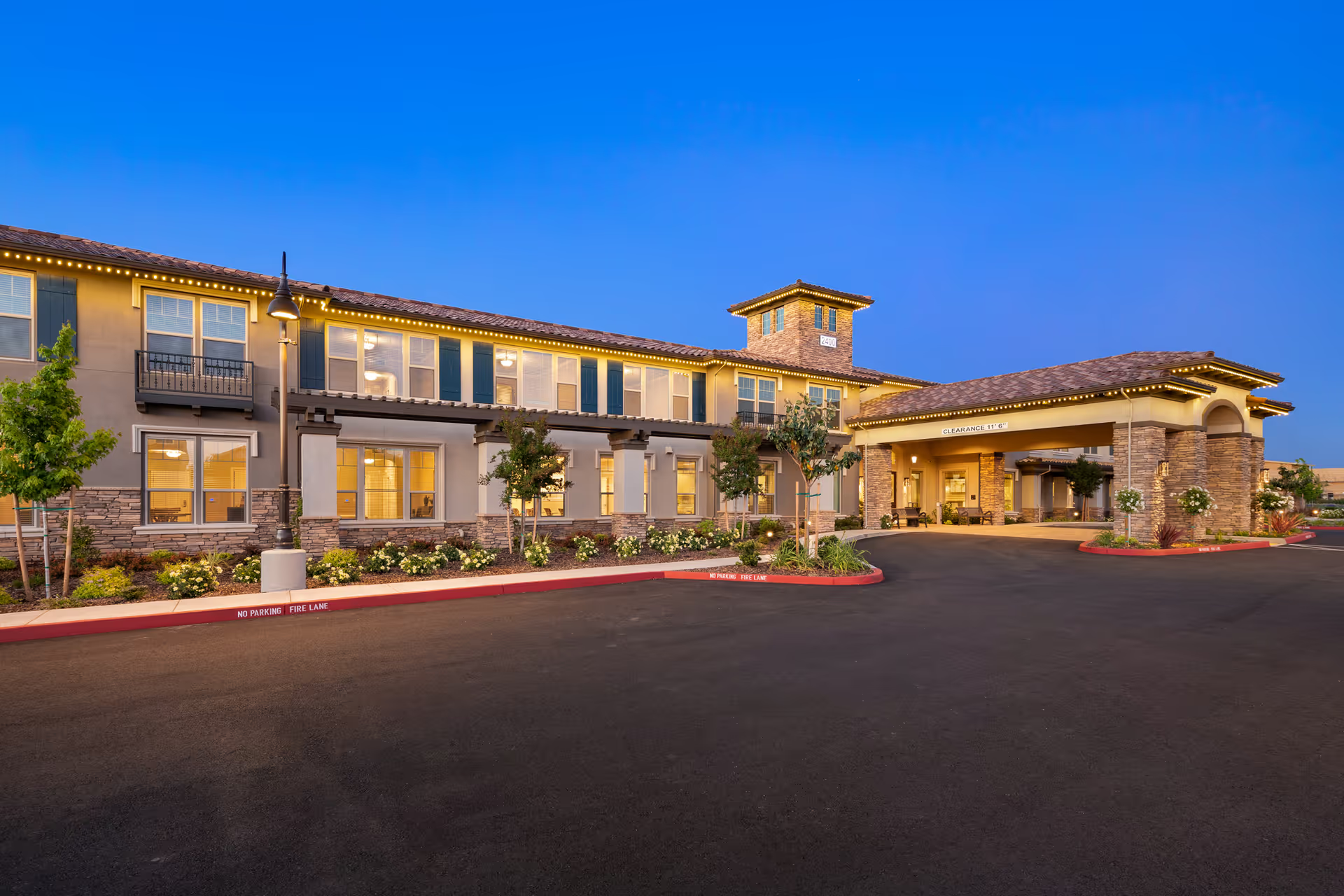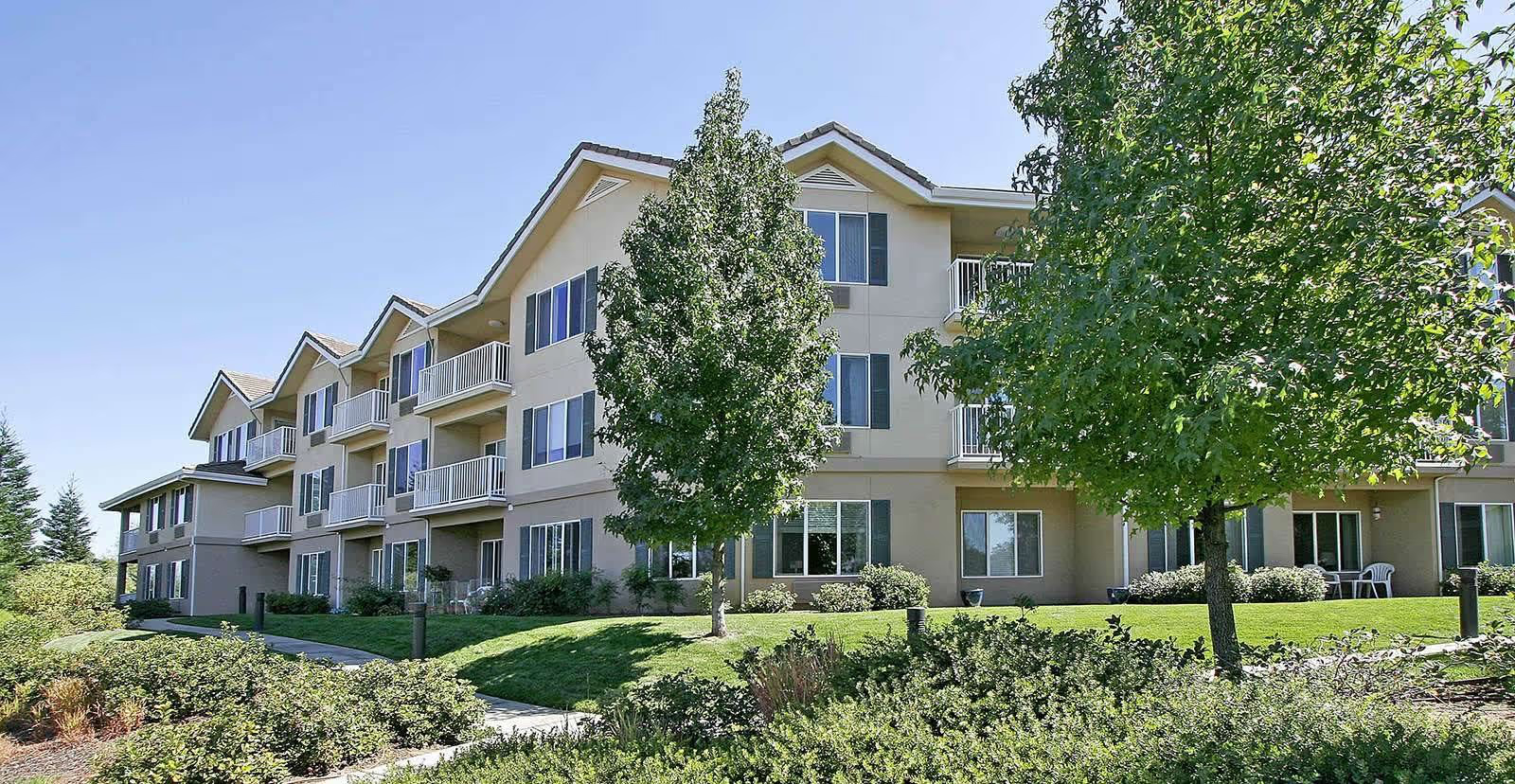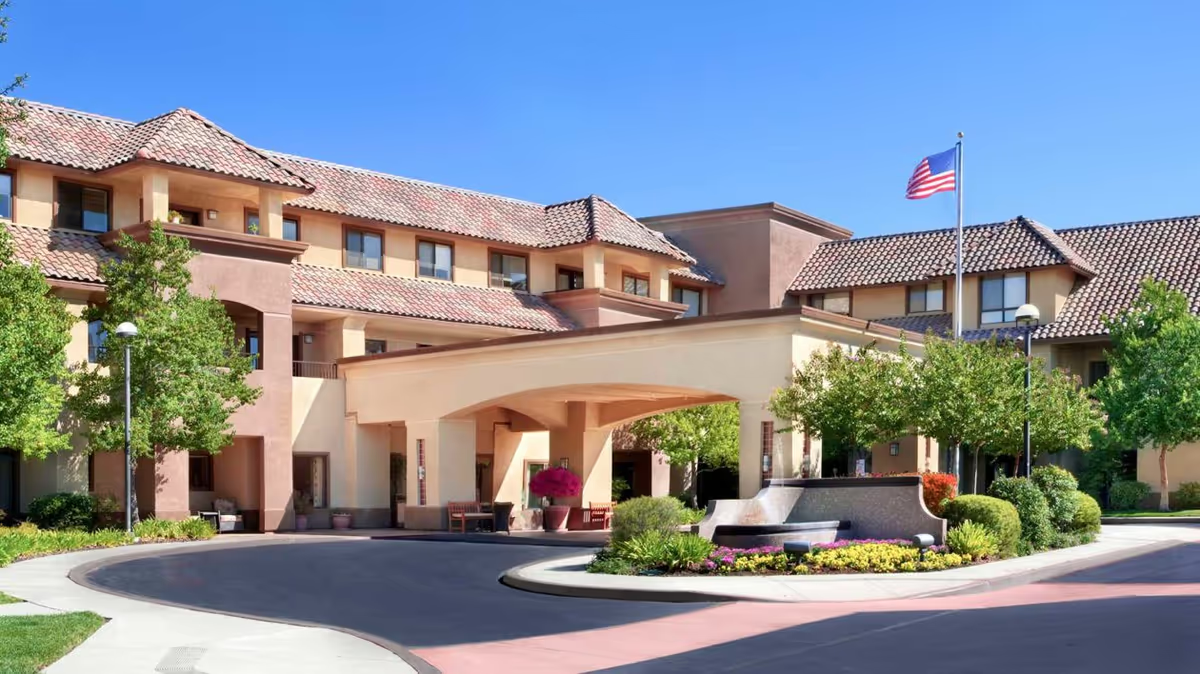Overall sentiment in the reviews for Cascade Valley Senior Living is mixed but leans positive for many families, with a substantial number of reviewers praising the staff, social life, food, and intimate, home-like environment. The facility is repeatedly described as having kind, compassionate caregivers and a community atmosphere where residents feel cared for and engaged. Activities are a frequently cited strength: reviewers mention daily options, frequent group activities (bingo, exercise, music), outings on the facility van, scenic drives, live music and special events (lavender fields, ice-cream socials, manicures). Many families highlight the quality of the dining program, with a senior chef preparing scratch-made meals, restaurant-quality presentation, and exceptional housekeeping. Memory care is often described as small and homey with private rooms that permit visiting and communal meals, which families appreciated for preserving dignity and social connection.
Staffing and personnel earn the most consistent praise and also the most consistent concerns. Several employees are singled out by name for exemplary service (Molly, Heidi, Sandra), and many reviewers describe staff who go above and beyond, are attentive, and provide individualized care. At the same time, there are recurring reports of high staff turnover, short-staffing, and periods when inexperienced or under-trained staff are on duty—especially in memory care. A subset of reviews report more serious personnel and administrative problems: complaints about an administrator being dishonest or making empty promises, rude supervisors in memory care, and uneven leadership. Several reviews note marked improvement when new management or new hires were put into place, indicating recent efforts to stabilize staffing and improve operations.
Safety, clinical care and cleanliness themes are mixed and warrant careful consideration. Many reviewers explicitly praise cleanliness, no persistent odors, and exceptional housekeeping. However, a small but serious set of reviews describe severe lapses — urine in bed linens, fecal contamination, uneaten meals with medication allegedly hidden, unattended residents during activities, and missed fall detection — that indicate episodic but significant failures of care. Other related concerns include reports of non-licensed medication administration, delayed clinical follow-up (for example, delayed dentures), wandering behavior among a high-dementia resident population, and complaints about restricted freedoms or visitation during COVID. These negative reports are important because they contrast sharply with the many positive accounts and suggest inconsistent performance—good care on many days but potential for harmful lapses during times of staffing instability.
The physical facility and amenities receive generally favorable comments but with caveats. Reviewers like the small, family-like scale, outdoor areas, patios, garden setting, and the availability of private rooms and in-room amenities (bathroom, fridge, microwave). Several note that the building is older and shows its age; remodeling and a facelift are planned or underway, and some common areas are described as small or cluttered. Several reviewers raised practical concerns about the layout: multiple doors and confusing circulation, bathrooms/shower areas that may be unsafe, and rooms that feel small for some needs. Wi‑Fi and visitor internet access are mentioned as inconsistent. Overall the campus is viewed as comfortable and homey rather than luxurious, with many reviewers comfortable with that tradeoff for the community feel and cost.
Dining and activities are notable strengths but with specific limits. Many reviews praise the food, the chef, and the dining experience; multiple families mention residents enjoying meals and social dining. However, a recurring critique is that some menu choices aren’t always appropriate for residents with dementia (texture, familiarity, or portion issues), and some reviewers suggested the staff were working to make dementia-friendly diet changes. Activities programming is robust and highly valued, though a few reviewers felt programming skewed toward female interests or that activities were limited during remodel or when staffing was thin. The availability of transportation, outings, and religious services is seen as a meaningful quality-of-life benefit.
Management and administrative patterns show both improvement attempts and persistent worries. Several reviewers report better communication and service after leadership changes and new hires; others report negative experiences with administrators, including allegations of unethical conduct and financial concerns during COVID-era restrictions. Many families recommend asking about recent turnover, current clinical staffing, and policies—because individual experiences vary considerably. Several reviewers conclude with a conditional recommendation: Cascade Valley can be an excellent, caring community when staffed and managed well, but families should be vigilant about staffing stability, supervision in memory care, medication administration practices, and the facility’s ability to prevent lapses that have been reported.
In sum, Cascade Valley Senior Living offers a warm, activity-rich, small-facility environment with many devoted and praised staff members, strong dining, and a family-like culture—attributes that lead many families to recommend it. However, the presence of serious negative reports (including isolated but severe hygiene and supervision lapses), ongoing staffing turnover, and some administrative complaints create variability in resident experience. Prospective families should weigh the consistently positive descriptions of daily life, social engagement, and caregiving against the documented instances of neglect and administrative instability reported by others. The reviews point to meaningful strengths worth visiting for, coupled with clear red flags to investigate in a tour or through direct questions to management before making a placement decision.
